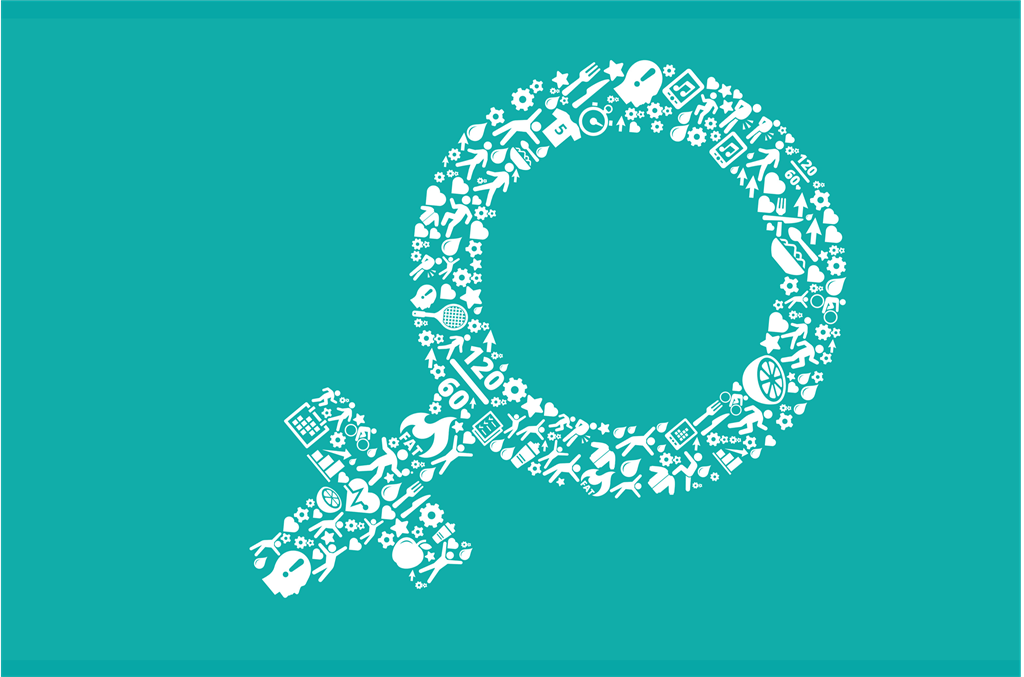
Joint pain? You may be going through menopause.
Hot flushes, moods swings and a low sex drive are just some of the typical symptoms of menopause. But there are a few unusual signs of menopause you’re probably not aware of.
Joint and muscle pain
Is it painful to walk upright? Does getting out of bed or dressing seem like a nearly impossible task? Menopause could be the culprit.
In the early stage of menopause, many women suffer from swollen, stiff and painful joints. This condition is also known as menopause arthritis. It affects the fingers, knees, ankles, hips and back, and is usually more painful in the morning.
Although oestrogen plays a key role in bone health, the exact mechanism behind the condition is unknown.
Ease the pain with stretching exercises every morning. Anti-inflammatories may also help. If the pain is severe and ongoing, hormone therapy may be your best bet to help preserve your joints.
Urinary incontinence
As you hit menopause, the levels of oestrogen in your body slowly takes a dip. This effect can weaken your pelvic muscles and
cause bladder control problems, including urinary continence (a leaking bladder).
The tissue of your urinary tract becomes less elastic, and may cause painful urination, urination at night, and the need to urinate urgently. Another symptom associated with these changes is stress incontinence, the involuntary leakage of urine. This happens when you cough, laugh, or sneeze.
Kegel exercises can help strengthen your pelvic muscle, improve bladder control, and even boost sexual pleasure.
For many women, finding the right muscles to use when doing Kegels can be confusing. To locate yours, try and stop yourself from urinating midstream. The muscles you use to do this are the same muscles you use when doing Kegels.
- Squeeze your pelvic muscles as if you're trying to close the vaginal opening.
- Hold the contraction for a few seconds and then relax.
- Wait a few seconds and repeat. Try to do 50 per day.
Put insomnia to bed
During menopause, your ovaries produce less oestrogen and progesterone. A drop in these hormones equals sleep disturbances and insomnia. This is partly because progesterone is a sleep-producing hormone. As your body tries to cope with these changes, you find it difficult to fall and stay asleep. Insomnia can be caused by hot flushes and night sweats from fluctuating hormone levels.
Excessive facial hair
“Peach fuzz” on your upper lip? Dark, wiry hairs sprouting from your chin? Menopause may be to blame. When you reach this stage of your life, your androgen and oestrogen levels go down. Oestrogen levels drop severely, while androgen levels drop more gradually over time. This hormone imbalance can result in unwanted and embarrassing hair overgrowth on your upper lip, chin and cheeks. Get rid of hair in unexpected places by tweezing or waxing it away. If it really bothers you, consider laser hair removal.





 Publications
Publications
 Partners
Partners














